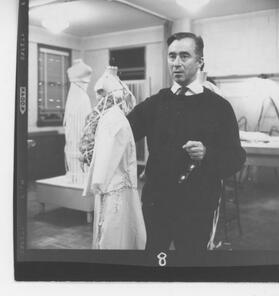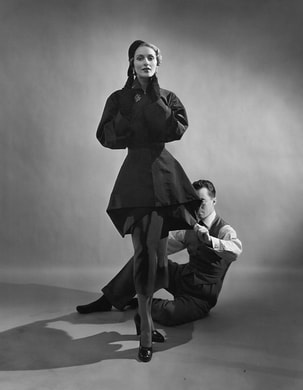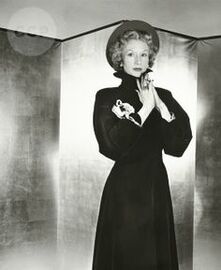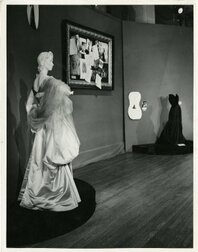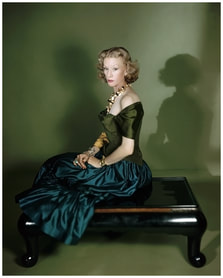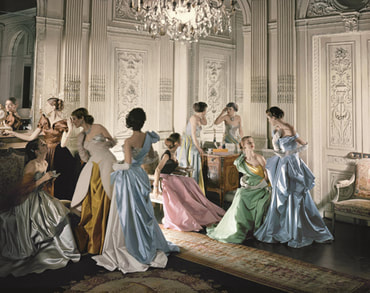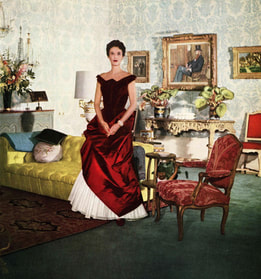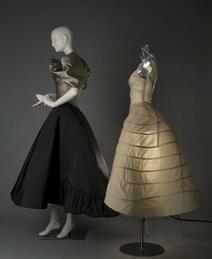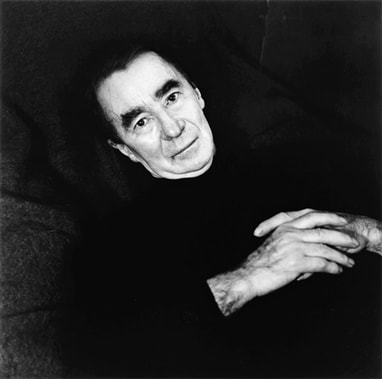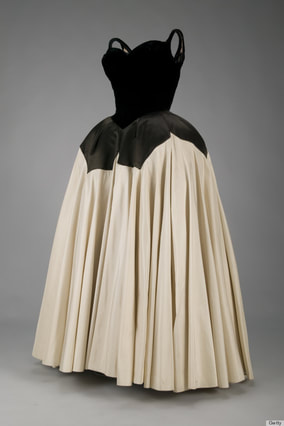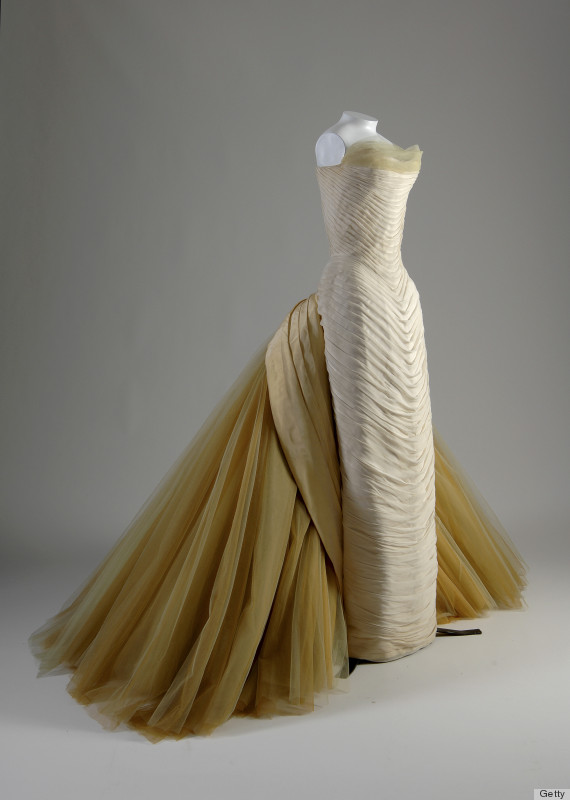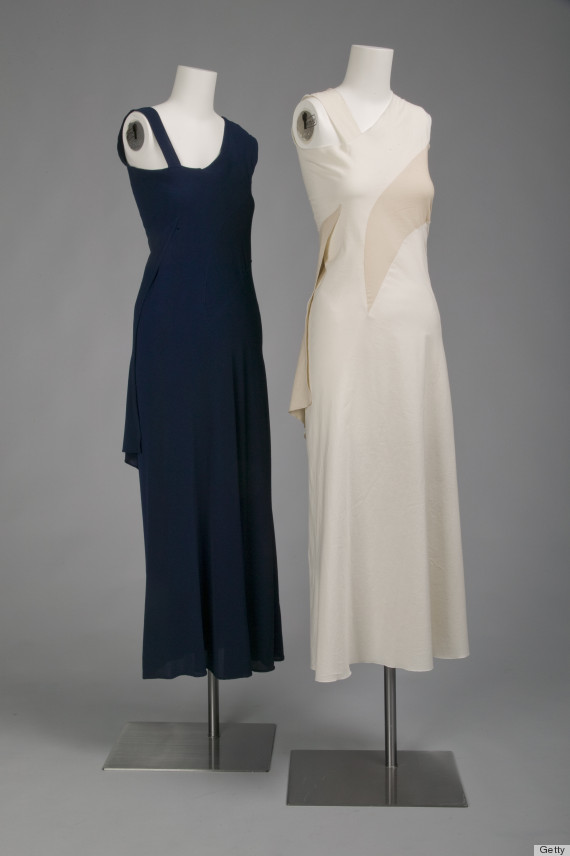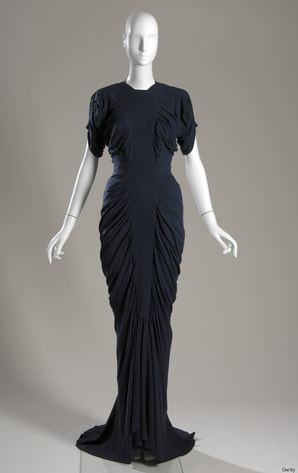|
name: Charles James original name: Charles Wilson Brega James birth place: Surrey England birth date: 18 July 1906 zodiac sign: cancerian death place: New York USA death date: 23 September 1978 Profile of Charles JamesCharles Wilson Brega James (18 July 1906 – 23 September 1978) was an English-American fashion designer. He is best known for his ballgowns and highly structured aesthetic. James is one of the most influential fashion designers of the 20th century and continues to influence new generations of designers. Charles James is one of less than a handful of American designers to have worked in the pure tradition of haute couture. He has been described as the greatest couturier of his time by some of the Parisian couturiers of his time. James was most famous for his unique ability to balance the intuition of an artist with the precise technical skill of an engineer. Life of Charles JamesCharles James' father was a British army officer and his mother came from a wealthy Chicago family. In 1919, he attended Harrow School where he met Evelyn Waugh, Francis Cyril Rose, and Cecil Beaton, with whom he formed a longstanding friendship. He was expelled from Harrow for a "sexual escapade". After that, James briefly studied music at the University of Bordeaux in France before he went to Chicago to work. The utilities magnate Samuel Insull, a friend of the family, found him a position in the architectural design department where he acquired the mathematical skills that later enabled him to create his gowns. At the age of nineteen, James opened his first milliner shop in Chicago, using the name of "Charles Boucheron", as his father forbade him to use that of James. “It’s the air that’s sculpted, not the silk; it touches the body in only two or three variable places. The rest of the silhouette you can vary as much as you desire.” In 1928, James left Chicago for Long Island with 70 cents, a Pierce Arrow, and a number of hats as his only possessions. He later opened a millinery shop above a garage in Murray Hill, Queens, New York, beginning his first dress designs. At the time, he presented himself as a "sartorial structural architect". By 1930, he had designed the spiral zipped dress and the taxi dress ("so easy to wear it could be slipped on in the backseat of a taxi"). From New York James moved to London, setting up shop in Mayfair. He designed the wedding dress for Baba Beaton, Cecil Beaton's sister, for her marriage in 1934. James created a modern interpretation of the white wedding dress, with a raised neckline and divided train. In 1936, he established the company Charles James (London) Ltd., using his own name officially for the first time. James also spent time in Paris in the early 1930s, working from the Hôtel Lancaster.He showed his first collection in the French capital in 1937. That same year, he created a one-of-a-kind white satin quilted jacket described by Salvador Dalí as "the first soft sculpture" and now in the Victoria and Albert Museum collections.This jacket has been considered the starting point for "anoraks, space man and even fur jackets".In the 1930s, he also invented the Pavlovian waistband that expands after a meal. Meanwhile, he licensed his fashion designs with American department stores such as Lord & Taylor and Bergdorf Goodman. James moved permanently to New York in 1939 where he established Charles James, Inc. At the end of the Second World War, he designed a clothing line for Elizabeth Arden. In 1947, James showed a collection in Paris. In 1948, Millicent Rogers, one of Charles Jame's most loyal and important clients, organized an exhibition of the outfits he made for her at the Brooklyn Museum, entitled "A Decade of Design for Mrs Millicent H. Rogers by Charles James". In the early 1950s, James spent most of his time in New York City at his Madison Avenue workshop. He won two Coty Awards, in 1950 and 1954, and one Neiman Marcus Award in 1953. That same year Charles James conceived the "Four-Leaf Clover" or "Abstract" ballgown for the journalist Austine Hearst. It was the dress James ranked as his best creation.This dress weighed no less than 12 pounds and had to be supported by a rigid structure. In 1954, Charles James married Nancy Lee Gregory from Kansas, 20 years his junior. And in 1958 he retired. In 1964, he moved to the Hotel Chelsea where he had three sixth-floor rooms for his work space, office, and apartment. Charles James died in 1978 of bronchial pneumonia. He is best known for his sculpted ball gowns made of lavish fabrics and to exacting tailoring standards, but is also remembered for his capes and coats, often trimmed with fur and embroidery. Charles James inspired many fashion personalities, including Christian Dior, who said he was "the greatest talent of my generation". Dior credited James with inspiring The New Look :In May 2014, concomitantly to the James retrospective at the Metropolitan Museum:Charles James, beyond Fashion, The Weinstein Company (TWC) announced it had signed a license agreement with James's heirs, Charles Jr. and Louise James, to produce new collections, and thus contribute to the brand revival. Two years of legal battle followed, opposing the heirs, who sought to file the brand to the name of their father, against the Luvanis company, which had already registered the brand in an array of jurisdictions worldwide. In June 2016, TWC withdrew, Luvanis thereafter partnered with James' heirs to revive the Charles James brand. In September 2018, they revealed a new visual identity for Charles James, and put up for sale all the brands rights, which have been consolidated in the previous years
0 Comments
|
Categories
All
Archives
December 2023
|
